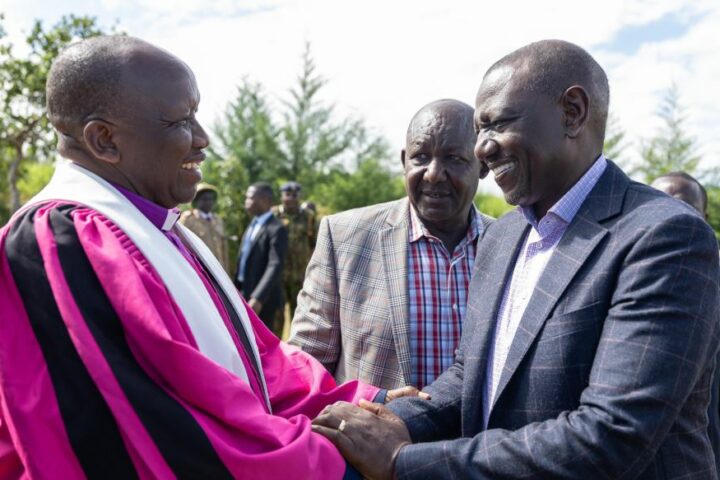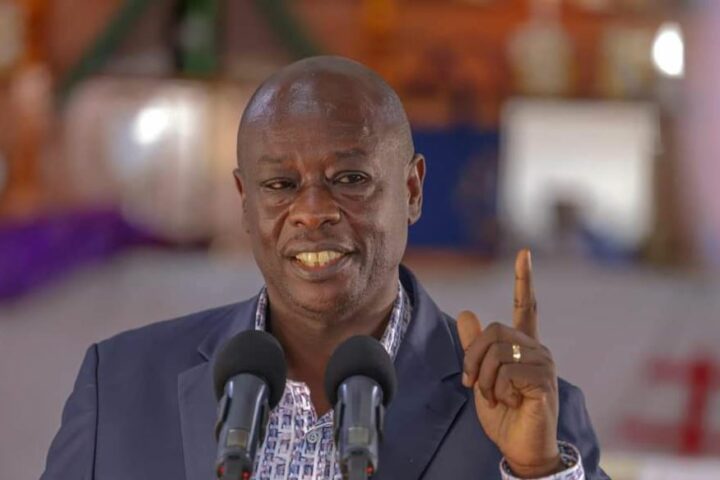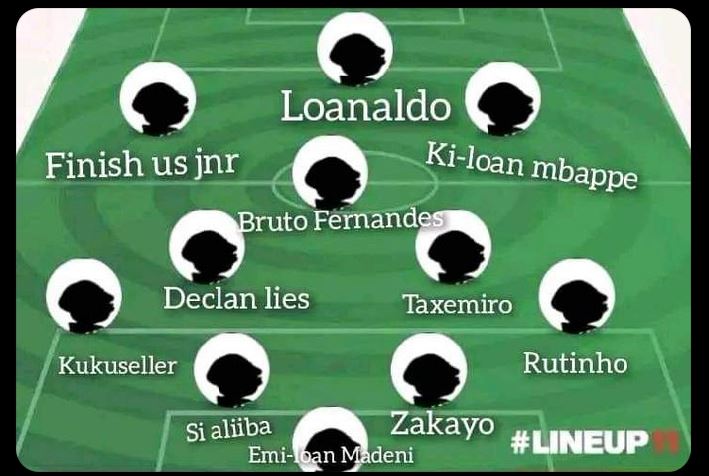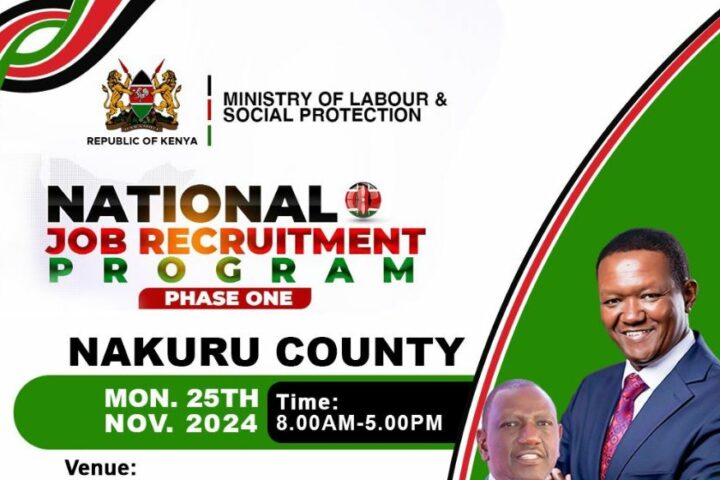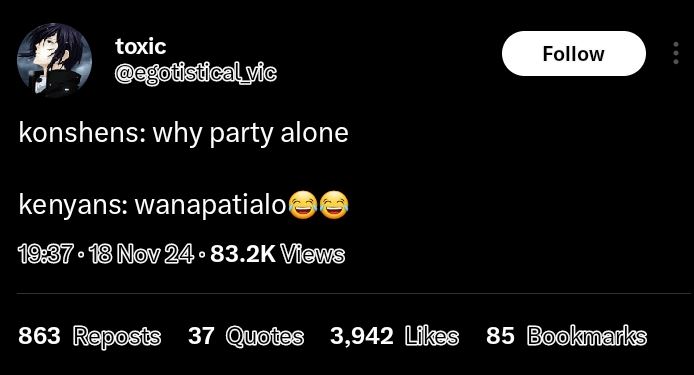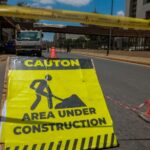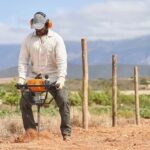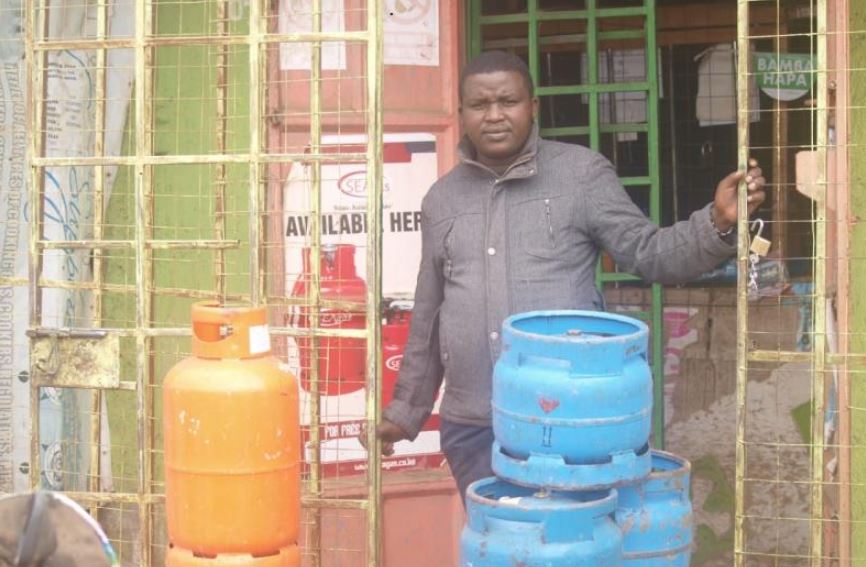
The former teacher spoke to ‘Enterprise’ about what it takes to run the cooking gas business.
How did you get into the LPG business?
I got into the business after quitting my teaching job at Kinangop Gateway secondary to contest for Magumu Ward Member of County Assembly (MCA) which I failed to clinch.
I began the LPG business in September 2017 and now have five full-time employees.
How much capital did you need to start?
I started small and watched the business grow. My initial capital was Sh28, 000 but has grown to over Sh1 million.
Are there any special licenses required to start such a business?
You have to obtain a licence from the Energy and Petroleum Regulatory Authority (EPRA) and also business licences from the County Council including for fire and also weight and measure licence.
How do you source the cooking gas?
I order my gas direct from the authorized wholesalers and also from the oil marketing companies directly.
As of 2019, there were 73 LPG cylinder-refilling plants with a total storage capacity of 6,293 tonnes, according to the Energy and Petroleum Regulatory Authority.
Of these, the small and medium LPG firms owned about 30 plants, or about 41 per cent, while the major oil marketing companies operated 12 plants with 35 per cent of the storage capacity.
Initially, the LPG business was profitable since only a handful of entrepreneurs were in it but many are now doing it.
What are the challenges?
We have sellers who buy illegally filled gas which is cheap and are hence able to attract many customers. This leaves us who buy genuine gas from the right source to have low sales.
Luckily, customers return to us after unsatisfactory service from such rogue dealers.
The government has since implemented the Petroleum (Liquefied Petroleum) Regulations of 2019, which prohibit LPG marketers from handling cylinders owned by rival players.
The law previously allowed LPG marketing firms to accept cylinders from customers, but with a condition to return them to their owners.
This was necessitated through the formation of the Exchange Pool that was meant to make it easy for Kenyan households to buy cooking gas from their nearest LPG retailer regardless of the brand they held.
While it led to more Kenyans using cooking gas, away from charcoal and kerosene, it also led to a proliferation of illegal refillings, with unscrupulous businesses taking advantage of access to cylinders that they would refill illegally and return them to market.
This exposed consumers to risks since the cylinders went for years without going through mandatory checks that the legitimate owners are supposed to undertake to assure their safety when being handled by users.
A number of gas cylinder leakages and even explosions have been reported in the past, many of them attributed to illegal refilling.
Any other challenges?
The introduction of the Value Added Tax (VAT) has affected the business since more people have resorted to using other fuels such as charcoal.
Many of the efforts by the government to reduce the cost of cooking energy appear to sometimes appear to do the exact opposite – drive up consumer prices.
For instance, clean cooking products and technologies such as cookstoves were subjected to Value Added Tax (VAT) in the Finance Act 2020, including materials used in construction, assembly and manufacture, or repair of clean cookstoves.
The proposal, which was part of the Tax Laws (Amendment) Bill, 2020, had been shot down by MPs who argued that it is critical to promote clean energy.
What are your best moments so far in the business?
I’ve never regretted venturing into the LPG business. I can comfortably raise my family and meet every single bill without any struggle.
What do you wish you knew before you started the business? Also, describe your typical day
I wish I had known the direct source of cylinders.
My day starts at 6 a.m. and we first check the cylinders for any leakage. After receiving an order, we clean them and deliver. We only charge a small fee for deliveries that are a bit far from our scope of operation.
We normally close our doors at around 9 p.m. Before the Covid-19 restrictions, we used to work until 11 p.m.


